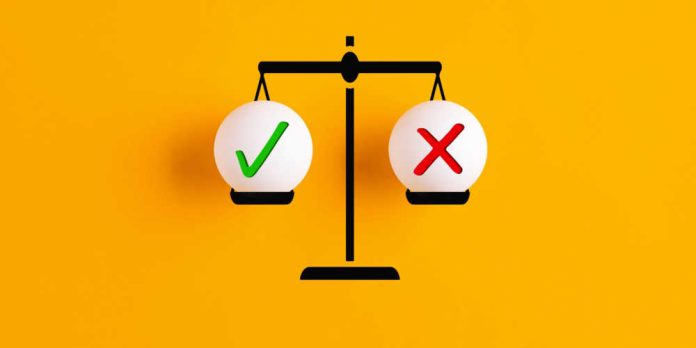Legislation in Tennessee could fundamentally change the way sports betting taxes are calculated in the state. The bills, HB1362 and SB475, were initially designed to clean up some of the language in the sports betting laws passed in 2019.
New amendments to both bills would shift the tax structure away from taxing 20% on revenue to taxing either 1.85% or 2% on total handle minus federal excise tax.
The Senate version of the bill was amended with 2% language, which the Senate Finance, Ways and Means Committee approved by a 9-0 vote last week.
The House version of the bill has already been passed by both the Departments and Agencies Subcommittee and the State Government Committee currently sits with the House Finance, Ways, and Means Committee. The committee is scheduled to hear the bill on Wednesday.
The proposed amendment in the House version of the bill recommends a slightly lower tax rate of 1.85% and also differs from the Senate amendment regarding some language around vendor licensing.
Tennessee sportsbooks pay 20% tax on gross gaming revenue. There is also a mandate that sportsbooks need to average a 10% hold rate, something that the regulators understand has been difficult for sportsbooks to maintain.
Depending on how much sportsbooks hold each month, this new tax rate could be more or less than what they are paying currently. For example, if a sportsbook held 8% in a month and paid 2% on handle, they would pay 25% more in taxes via this new proposal than the old one. However, if a sportsbook held 10%, the two rates would be the equivalent.
Tennessee’s Sports Wagering Advisory Council (SWAC) voiced concerns at a recent meeting about missing out on tax dollars from operators that failed to meet the prescribed hold mandate. SWAC Executive Director Mary Beth Thomas noted the state missed out on $11.6 million in revenue after the majority of operators failed to meet the hold threshold. She also indicated the operators were willing to come to the table for a legislative fix.














